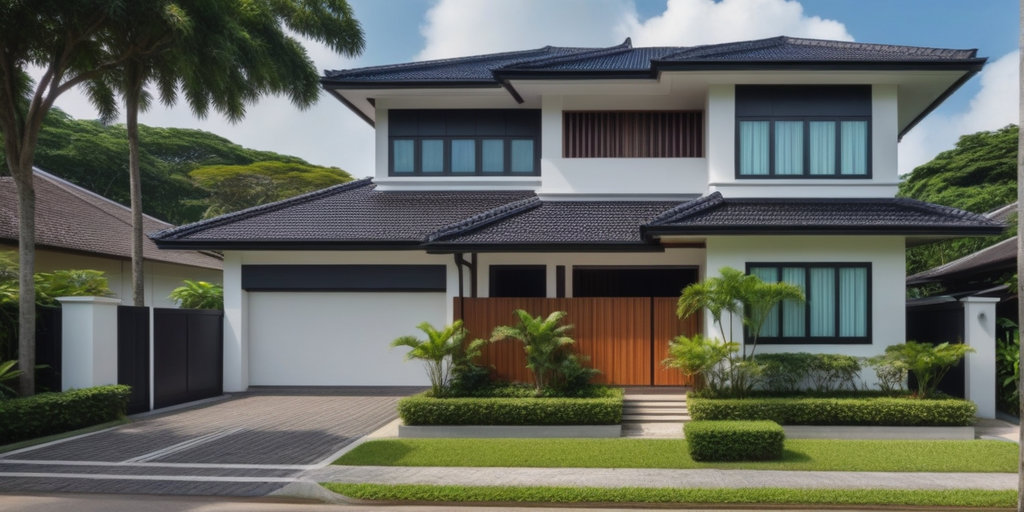
Do you want to upgrade to private property in Singapore? It is a common goal for many Singaporeans.
While it may seem like a daunting process, it can be achieved with proper planning and understanding of the private property market in Singapore.
To begin with, it is important to understand the private property market in Singapore.
This includes knowing the eligibility requirements, financial considerations, and navigating the upgrading process. You should also consider long-term factors such as life after upgrading and strategies for renting or selling your HDB flat. These are the steps to help you upgrade to private property in Singapore.
Once you have a good understanding of the private property market in Singapore, you can start planning your upgrade. This can involve financial planning, engaging a property agent, and choosing the right property. With the right strategy, upgrading to a private property in Singapore can be a smooth and exciting process.
Key Takeaways
- Understanding the private property market in Singapore is crucial before upgrading from a HDB flat.
- Proper financial planning and engaging a property agent can help you navigate the upgrading process.
- Long-term considerations such as life after upgrading and strategies for renting or selling your HDB flat should also be taken into account.
Understanding the Private Property Market in Singapore
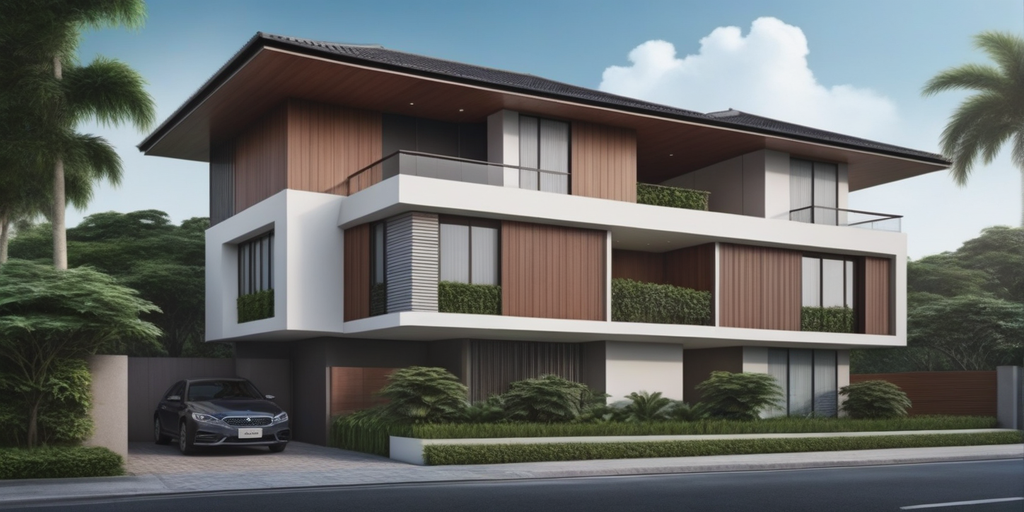
If you’re considering upgrading to private property in Singapore, it’s important to understand the market dynamics. In this section, we’ll take a closer look at the types of private properties available, current market trends, and the benefits of upgrading to private property.
Types of Private Properties
Private properties in Singapore include condominiums, landed properties, and executive condominiums (ECs). Condominiums are the most common type of private residential property.
They are typically high-rise buildings with shared facilities such as swimming pools, gyms, and BBQ pits. Landed properties, on the other hand, are houses with their own land. They can be either terraced, semi-detached, or detached. Executive condominiums (ECs) are a type of public-private hybrid housing that is subsidized by the government.
Current Market Trends
According to recent reports, private property prices in Singapore have been on the rise. This is due to a number of factors, including strong demand from both local and foreign buyers, low interest rates, and limited supply.
New launch condos tend to be more expensive than resale condos, but they offer the advantage of being brand new with modern facilities and amenities. Resale condos, on the other hand, may be more affordable but may require renovation or maintenance.
Benefits of Upgrading to Private Property
Upgrading to private property in Singapore can offer a number of benefits. For one, it can be a good investment opportunity as private property tends to appreciate in value over time. Additionally, private properties tend to offer more space and privacy than public housing, which can be especially important for families. Private properties also come with a range of facilities and amenities, such as swimming pools, gyms, and BBQ pits, which can enhance your quality of life.
Overall, upgrading to private property in Singapore can be a smart move for those looking to invest in their future and enjoy the benefits of private residential living.
Upgrade to Private Property in Singapore: Financial Considerations
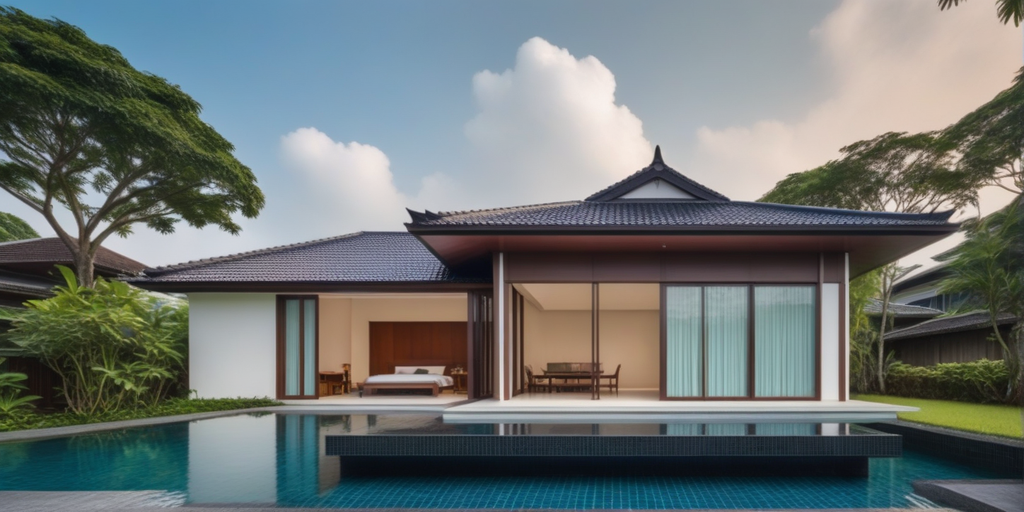
Upgrading to a private property in Singapore is a big financial commitment that requires careful planning and consideration. Here are some financial aspects to keep in mind before making the jump.
Assessing Your Financial Capacity
Before you start looking for private properties, it’s essential to assess your financial capacity. Evaluate your current financial situation, including your savings, income, and outstanding debts. Calculate how much you can comfortably afford for your new home without straining your finances. You can use online calculators to get an estimate of your loan eligibility, monthly instalments, and total interest payable.
Understanding the Costs Involved
When upgrading to a private property, you need to factor in several costs, such as the down payment, legal fees, valuation fees, and agent fees. Besides these, you also need to consider the monthly instalments, property tax, and home insurance premiums. It’s crucial to have a clear understanding of the costs involved and budget accordingly to avoid any financial strain.
Financing Options
There are two main financing options when upgrading to a private property in Singapore: HDB loan and bank loan.
HDB loans have lower interest rates and are more accessible to first-time buyers, while bank loans offer more flexibility in terms of interest rates and repayment options. It’s essential to compare the two options and choose the one that best suits your financial situation and needs.
Stamp Duty and Other Taxes
When purchasing a private property in Singapore, you need to pay several taxes, such as Buyer’s Stamp Duty (BSD), additional Buyer’s Stamp Duty (ABSD), and Goods and Services Tax (GST). The ABSD is a significant cost that applies to Singaporeans who already own a property and foreigners buying a property in Singapore. It’s crucial to factor in these taxes when budgeting for your new home.
In conclusion, upgrading to a private property in Singapore requires careful financial planning and consideration. It’s essential to assess your financial capacity, understand the costs involved, explore financing options, and factor in taxes and other fees. By doing so, you can make an informed decision and enjoy your new home without any financial strain.
Upgrade to Private Property in Singapore: Navigating the Process
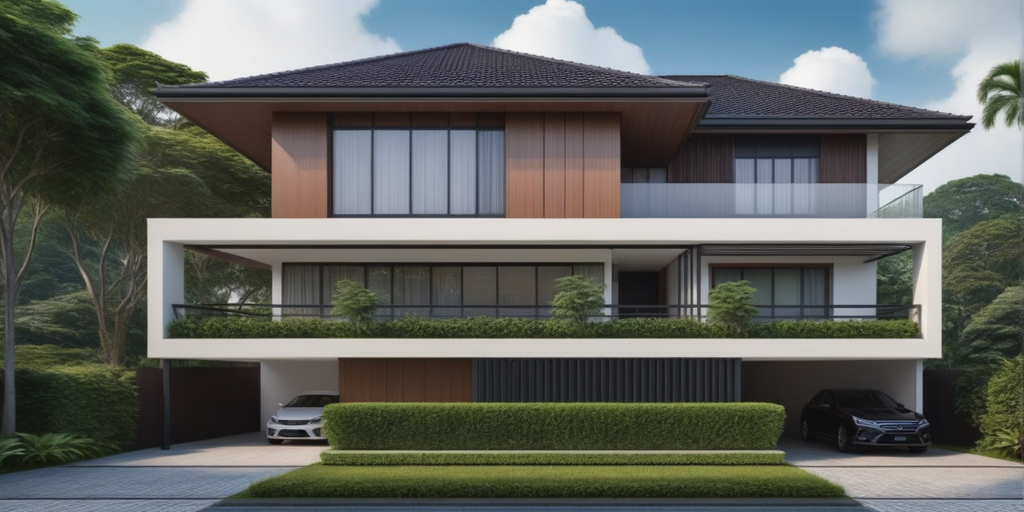
Congratulations on taking the first step towards upgrading to a private property in Singapore! The journey ahead can be exciting and challenging, but with proper planning and guidance, you can make a smooth transition. Here are some key steps to follow.
Eligibility and Regulations
Before you start the upgrading process, you need to ensure that you are eligible to do so. As a Singaporean, you must have fulfilled the Minimum Occupancy Period (MOP) of 5 years if you are upgrading from an HDB flat. If you are a Permanent Resident, you must sell off your HDB flats within six months of buying a condominium or any other private residential property in Singapore or overseas.
You also need to be aware of the regulations and policies that govern the upgrading process. For instance, the Ethnic Integration Policy (EIP) and the Singapore Permanent Resident (SPR) quota may affect your ability to purchase certain types of properties. It is advisable to consult with a property agent or the Housing Development Board (HDB) for more information.
The Search for the Right Property
Once you have determined your eligibility and budget, you can start the search for the right property. You can browse property listings online, visit showflats, or engage a property agent to help you find suitable properties that meet your criteria.
When evaluating properties, consider factors such as location, size, amenities, and proximity to schools, transport, and other facilities. You should also check the property’s condition, tenure, and any outstanding loans or fees.
Engaging a Property Agent
Engaging a property agent can help you navigate the complex real estate market and find the right property. A good agent can provide you with valuable insights, negotiate on your behalf, and handle the paperwork and legal requirements.
When choosing an agent, look for someone who is experienced, knowledgeable, and trustworthy. You should also clarify their fees and commission structure upfront to avoid any misunderstandings.
Making an Offer and Securing the Property
Once you have found the right property, you can make an offer to the seller. This involves paying an Option Fee, which gives you the exclusive right to purchase the property within a specified timeline.
You will also need to pay a deposit, usually 5-10% of the purchase price, and secure a private home loan if necessary. You can use your CPF Ordinary Account savings to pay for the down payment and monthly instalments, subject to certain limits and conditions. You should also factor in other costs such as property tax, legal fees, and cash on hand.
In summary, upgrading to a private property in Singapore requires careful planning, research, and guidance. By following these steps and working with the right professionals, you can achieve your dream of owning a landed property, executive condo, or new condo that meets your needs and budget.
Upgrade to Private Property in Singapore: Life After Upgrading
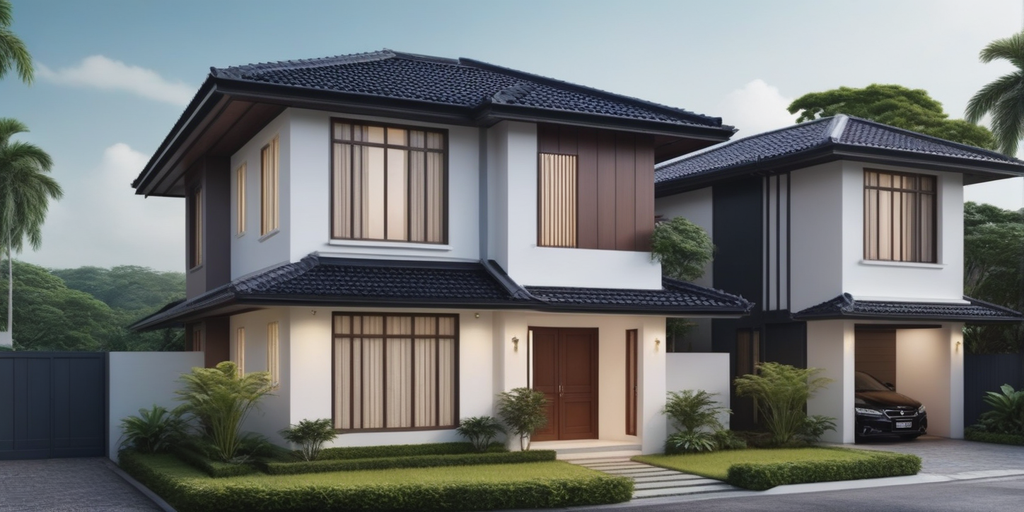
Congratulations on upgrading to your private property in Singapore! Now that you have settled into your new home, it’s time to start thinking about life after upgrading. Here are some things to consider:
Renovation and Customisation
One of the benefits of owning a private property is the ability to customise and renovate your home to suit your needs and preferences. You can hire an interior designer to help you create the perfect space, or you can take on the project yourself. Consider adding new features such as built-in cabinets, a walk-in wardrobe, or a home theatre system.
Maintenance and Upkeep
Owning a private property also means taking on the responsibility of maintaining and keeping your home in good condition. Make sure to schedule regular maintenance checks for your air conditioning, plumbing, and electrical systems. You may also want to hire a professional cleaning service to help keep your home clean and tidy.
Community and Amenities
Private properties often come with a range of amenities such as a swimming pool, gym, and security services. Take advantage of these facilities and get to know your neighbours. Join the community activities and events to make new friends and build relationships. You can also explore the surrounding neighbourhood and discover new restaurants, cafes, and shops.
Overall, upgrading to a private property in Singapore is an exciting and rewarding experience. With the freedom to customise and renovate your home, the responsibility of maintaining it, and the opportunity to build new relationships in your community, you are sure to enjoy life after upgrading.
Strategies for Renting or Selling HDB
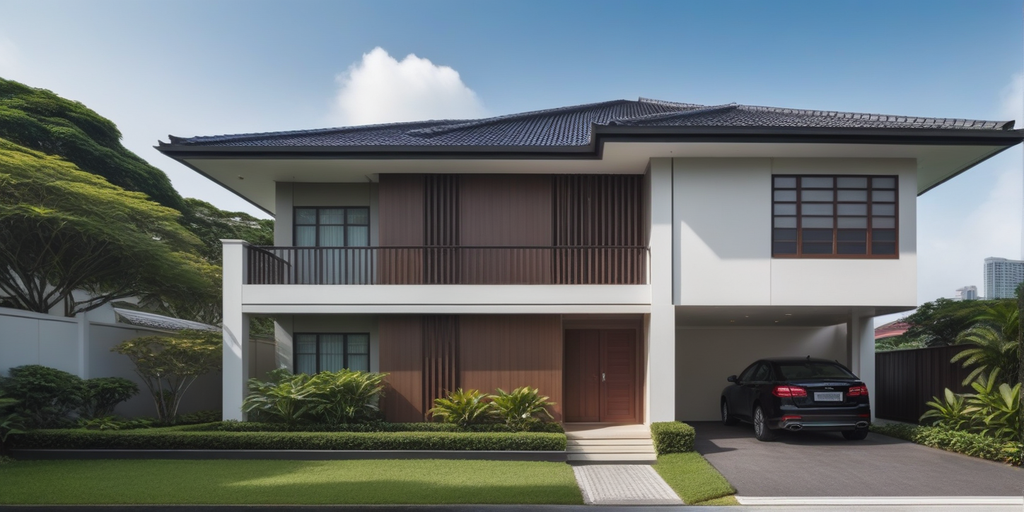
If you’re planning to upgrade from your HDB flat to a private property in Singapore, you may need to sell or rent out your HDB flat to fund your new purchase. Here are some strategies to help you prepare your HDB flat for sale or rent:
Preparing Your HDB for Sale
Before you put your HDB flat on the market, you need to make sure it’s in good condition and presentable to potential buyers. Here are some tips to help you prepare your HDB flat for sale:
- Declutter your home: Remove any unnecessary items and furniture from your home to make it look more spacious and tidy.
- Repaint your walls: A fresh coat of paint can give your home a new lease of life and make it more appealing to buyers.
- Fix any repairs: Make sure all the appliances, fixtures, and fittings in your home are in working order. Repair any leaks, cracks, or damages.
- Clean your home: Make sure your home is clean and tidy before any viewings. This includes cleaning your windows, floors, and bathrooms.
- Stage your home: Consider staging your home to make it more attractive to potential buyers. Add some plants, artwork, or furniture to make it look more inviting.
Renting Out Your HDB Flat
If you’re not ready to sell your HDB flat yet, you can consider renting it out to generate some rental income. Here are some tips to help you rent out your HDB flat:
- Check your eligibility: Make sure you’re eligible to rent out your HDB flat. You can only rent out your HDB flat if you’ve fulfilled the Minimum Occupation Period (MOP) of five years.
- Set a competitive rent: Research the rental market in your area and set a competitive rent for your HDB flat. You can also consider offering incentives such as free Wi-Fi or utilities to attract tenants.
- Find a reliable tenant: Screen your potential tenants carefully to ensure they’re reliable and trustworthy. You can use a property agent or online platforms to find tenants.
- Sign a tenancy agreement: Make sure you sign a tenancy agreement with your tenant to protect your interests and rights. The agreement should cover the rental amount, duration, and terms and conditions.
- Manage your property: As a landlord, you’re responsible for maintaining your HDB flat and addressing any issues that arise. You can consider hiring a property manager or doing it yourself.
By following these strategies, you can prepare your HDB flat for sale or rent and make the most of your property.
Upgrade to Private Property in Singapore: Long-Term Considerations
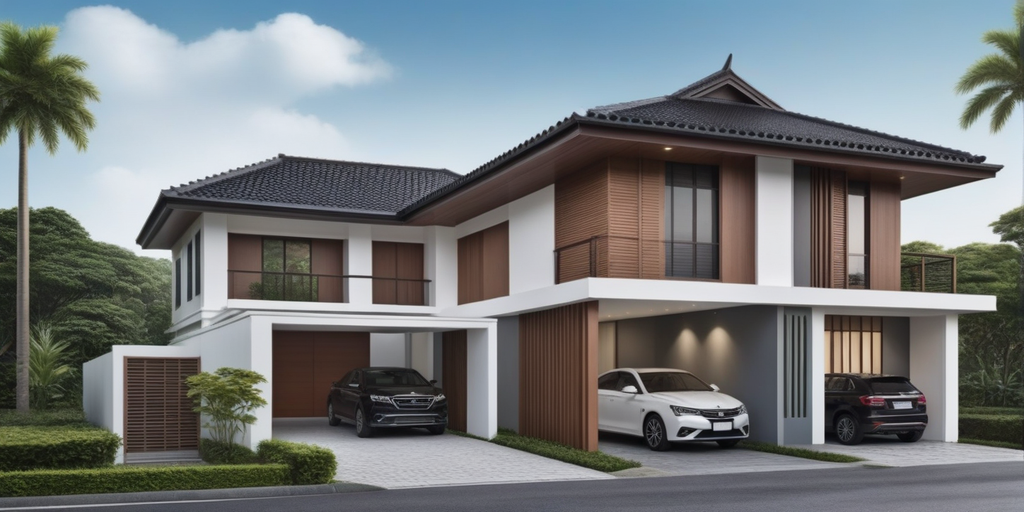
If you’re considering upgrading to private property in Singapore, it’s important to think long-term. Here are some factors to consider:
Investment Potential
One of the key benefits of upgrading to private property is the potential for investment. Private properties tend to appreciate in value over time, which means you could make a profit if you decide to sell in the future. However, it’s important to note that there are no guarantees when it comes to property investment. You should do your research and speak to a financial advisor before making any decisions.
Risk Management and Future Planning
Upgrading to private property also comes with risks. You’ll need to manage your finances carefully to ensure that you can afford the mortgage payments and any other associated costs. You should also consider your future plans. For example, if you’re planning to start a family, you’ll need to factor in the cost of raising children and potentially paying for their education.
To manage risk and plan for the future, it’s a good idea to create a budget and stick to it. You should also consider taking out insurance to protect your investment in case of unforeseen events such as job loss or illness.
Overall, upgrading to private property in Singapore can be a great investment opportunity, but it’s important to think long-term and manage your finances carefully. By doing your research and planning ahead, you can make a smart decision that will benefit you and your family for years to come.
Conclusion
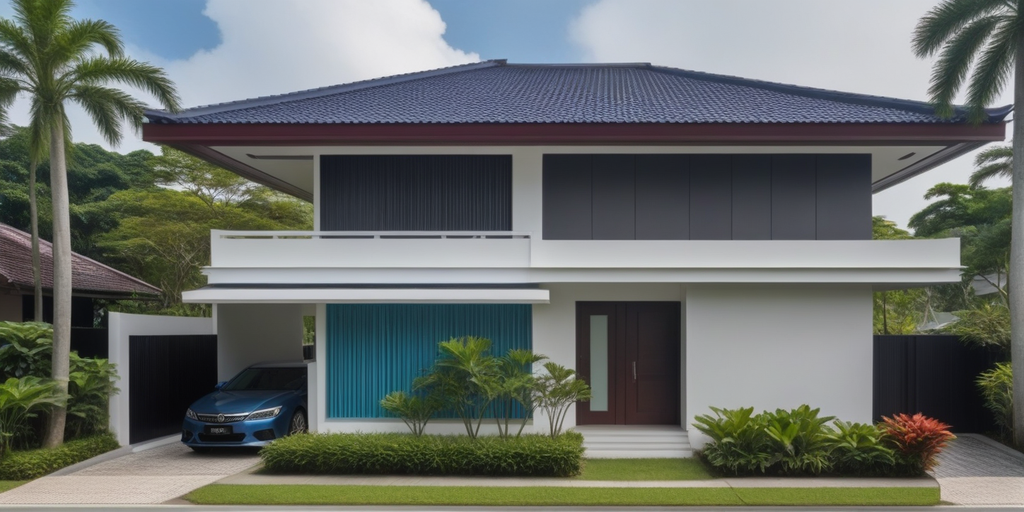
Congratulations on taking the first step towards upgrading to a private property in Singapore! You have learned about the eligibility criteria, financing options, and the benefits of owning a private property.
Remember, upgrading to a private property is a big decision and requires careful consideration. You need to evaluate your finances, future plans, and personal preferences before making the move.
To recap, make sure you have fulfilled the Minimum Occupancy Period (MOP) of 5 years if you are staying in an HDB flat. This will allow you to sell the flat in the open market, rent out the whole flat, or invest in private property.
When it comes to financing, you have several options, including bank loans, HDB loans, and bridging loans. You should evaluate the interest rates, repayment terms, and fees associated with each option before making a decision.
Owning a private property comes with several benefits, including greater privacy, more space, and potentially higher returns on investment. However, it also requires more responsibility, such as maintaining the property and paying for additional expenses like property taxes and maintenance fees.
We hope this guide has helped you understand the process of upgrading to a private property in Singapore. Remember to do your due diligence, seek professional advice if needed, and make an informed decision that aligns with your goals and preferences. Good luck on your journey to becoming a private property owner in Singapore!
Frequently Asked Questions
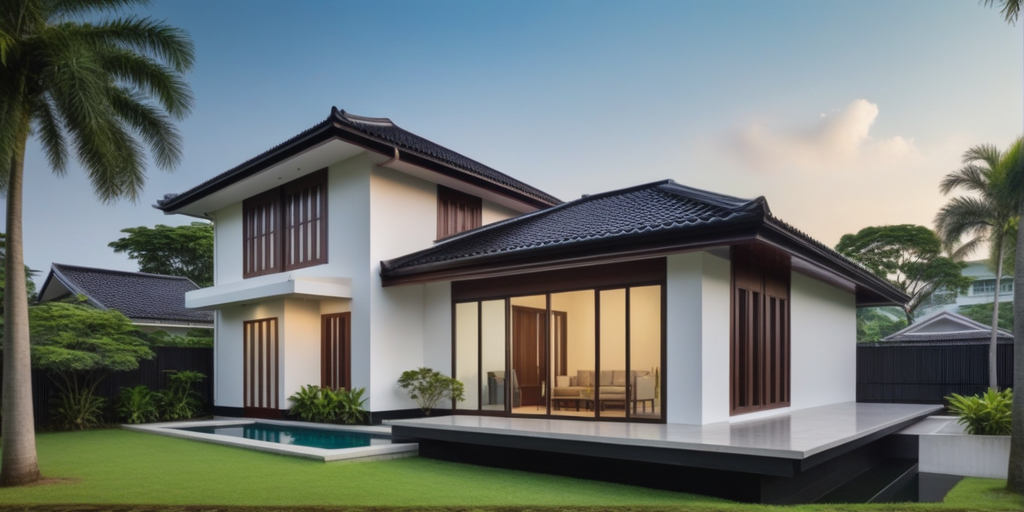
What’s the excitement about upgrading from an HDB flat to a condominium?
Upgrading from an HDB flat to a private property in Singapore can be an exciting prospect for many reasons. Private properties offer more luxurious amenities, larger living spaces, and greater privacy. They also provide a sense of prestige and exclusivity that many people find appealing. Additionally, owning a private property can be a good investment opportunity, as the value of private properties tends to appreciate over time.
How can I calculate the costs involved in moving from an HDB to a private property?
When moving from an HDB to a private property, it’s important to consider the costs involved. These costs can include the down payment, stamp duty, legal fees, renovation costs, and moving expenses. To calculate these costs, you can use online calculators or consult with a property agent or financial advisor.
Is it possible to own a condominium while awaiting my BTO completion?
Yes, it is possible to own a condominium while awaiting your Built-To-Order (BTO) flat completion. However, it’s important to note that you may face Additional Buyer’s Stamp Duty (ABSD) charges if you already own one property and are purchasing another.
Who’s eligible to dive into the private condo market in Singapore?
To be eligible to buy a private condominium in Singapore, you must be a Singapore citizen, a permanent resident, or a foreigner who meets certain criteria. Foreigners must also pay additional taxes, such as the ABSD and the Seller’s Stamp Duty (SSD).
Can I juggle owning both an HDB flat and a private condo?
Yes, it is possible to own both an HDB flat and a private condo in Singapore. However, there are certain restrictions and regulations that you must follow. For example, if you own an HDB flat, you must fulfill the Minimum Occupancy Period (MOP) before you can purchase a private property.
What additional taxes do foreigners face when snapping up a condo in Singapore?
Foreigners who purchase private properties in Singapore must pay ABSD and SSD charges. The ABSD is a tax of up to 20% of the property’s purchase price, while the SSD is a tax on the resale of the property within a certain timeframe. It’s important to factor in these additional taxes when considering purchasing a private property in Singapore.

